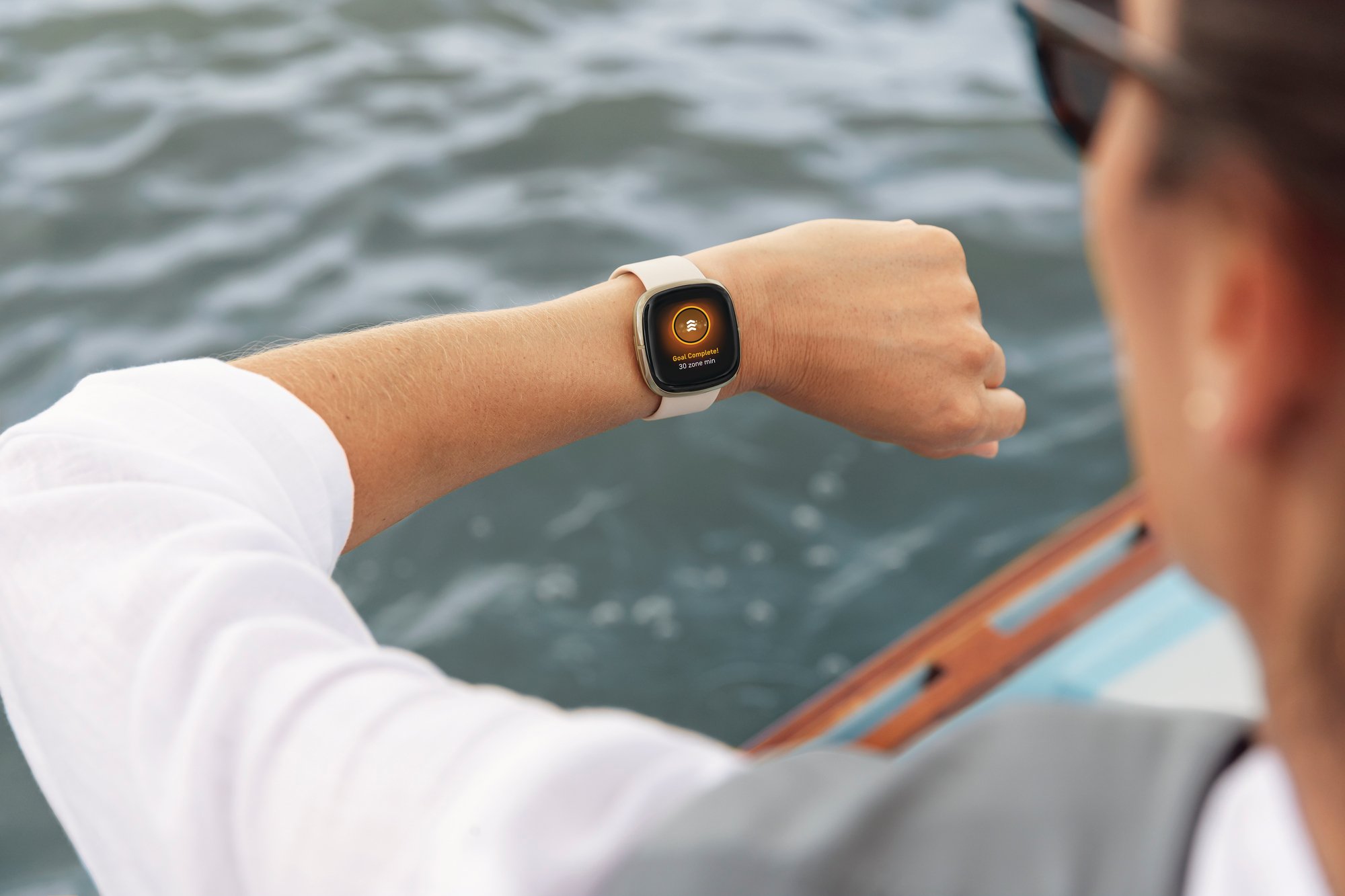Shares of activity-tracker maker Fitbit (FIT +0.00%) have fallen quite a bit from the all-time highs, and set fresh lows of under $16 just last week. There have been a handful of factors contributing to the plunge, including an underwhelming product introduction, increasing competition, and a class action lawsuit.
Well, at least two Street analysts are still bullish on Fitbit.
Word on the Street
Raymond James analyst Tavis McCourt has gone as far as to upgrade his rating on Fitbit to outperform. There have been ongoing fears that the fitness tracker market will prove to be little more than a temporary fad, especially considering relatively high abandonment rates.
But McCourt believes that the fitness tracker market still has plenty of room to run since overall adoption rates are fairly low. Meanwhile, purchase intentions are high as people remain interested in trying out fitness trackers to see if they can become healthier. McCourt uses data from App Annie and search volume analysis.
The second analyst is still bullish, although slightly less so. Stifel Nicolaus analyst Jim Duffy is reiterating a buy rating while reducing his price target from $60 to $35. That may seem like a big cut, but it's partially because shares have fallen so far. Even the lower price target is still nearly double current prices.
Acknowledging the current market volatility and the related flight to safety, investors are dumping stocks with high valuations, leading to multiple compression. That's despite Fitbit's potential growth opportunities ahead. But if Fitbit can demonstrate renewed demand from its new Blaze smartwatch, Duffy believes Fitbit could enjoy some multiple expansion if investor confidence returns.
Playing the long game
Fitbit's valuation has hit rock-bottom levels as shares have gotten cut in half year to date, which is sure to attract potential bargain hunters. Unlike some other high-profile IPOs in recent years, Fitbit is also solidly profitable, and now trades at "just" 30 times earnings.
The fitness tracker market is indeed young enough that Fitbit can probably ride the adoption wave for quite some time, enjoying robust growth in the process. But Fools tend to look at even longer time horizons. If we start to consider Fitbit in five or 10 years, it will eventually need to transition from adoption to upgrade cycles.
It's here where Fitbit has the most uncertainty, since it hasn't had sufficient time to demonstrate if it can get its users to upgrade their hardware. Fitbit is trying to diversify into services with its acquisition if Fitstar last year, but these efforts are new and unproven thus far.
For now, it's entirely possible that Fitbit shares represent some upside if they can bounce back from these depressed levels, but longer-term, I'd still have some reservations.





